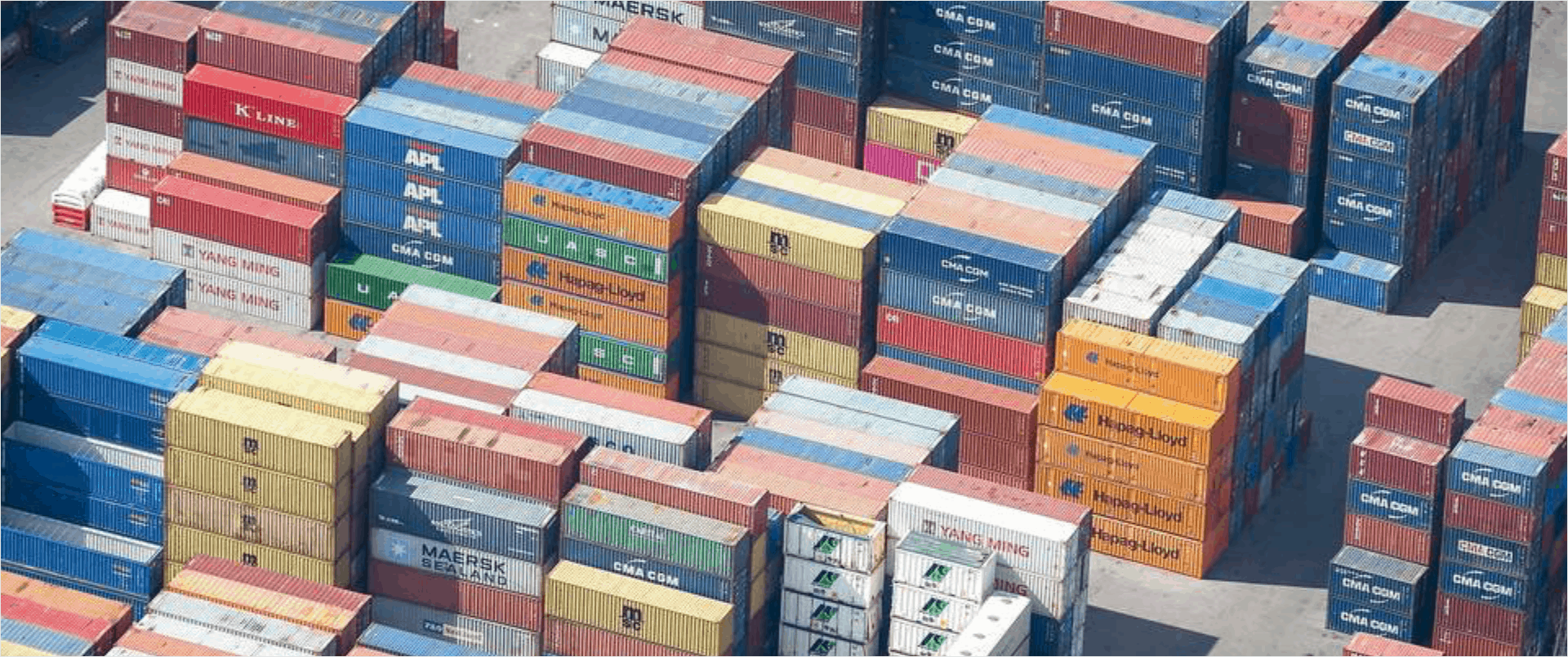Industry experts anticipate heavy congestion at depots pre-holiday season, continuing through Christmas and into early 2022. The build-up of empty container stock is expected to reach critical levels making it difficult for supply chains to run efficiently during peak periods. In addition to transport costs, tolls, penalties, and waiting time, a sudden hike in demand-surge, and booking fees could overwhelm shippers and logistic interfaces on the land-side. With empty container parks running at full capacity, a spillover is certain. This would make needless truck trips to distant depots necessary, raising operational costs and hampering productivity. Transport operators are charged a notification fee each time they return or collect an empty container. Despite drivers stuck in traffic jams for long hours, missing time slots, this fee has seen a constant increase. Quarantine combined with peak seasons leaves logistics service providers with few alternatives as they can hit targeted departure dates only when they book well in advance — roughly 4 to 6 weeks prior. They are charged a fee on demand-surge, even as carriers limit intermodal bookings. The burden of these mounting costs often falls on them as forwarders and importers believe it is their job to avoid detentions while completing…
How to avoid depots and detentions in peak seasons
A strain on shipping capacity is adversely affecting the availability of containers, leading to longer delays, and an unprecedented rise in ocean freight rates. One of the most detrimental consequences of this squeeze is a potential surge in container detention costs each time containers aren’t returned empty in time under shipping lines’ terms and conditions. Industry analysts expect these challenges to grow in peak seasons and continue through 2021 and 2022. As we approach the peak season, booking needs to return empties are exceeding capacity. Suitable appointments become difficult because depots can only process a certain number of trucks per hour. Despite an increase in demand, transport operators cannot meet the required supply. Congestion and long queues at Empty Container Parks (ECP) force them to hold containers until they are scheduled for another appointment, often resulting in added handling and increased exposure to detention. Most shipping lines include weekends in detention free-days’ calculations, so the pressure on transport companies increases towards the end of theweek as they struggle to return containers by COB Friday knowing if they do not, detention charges will be incurred. Many trucking companies seek two days’ notice from importers to ensure the timely availability of empty containers…


